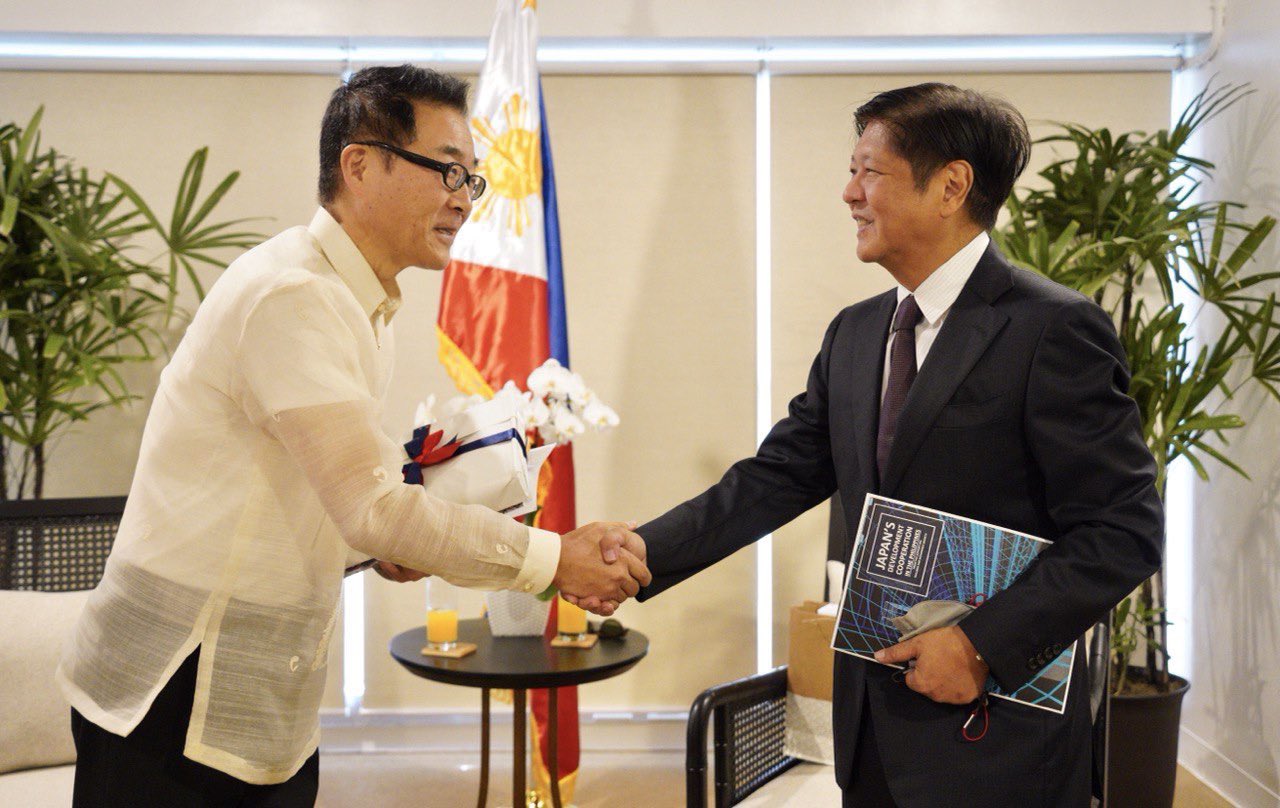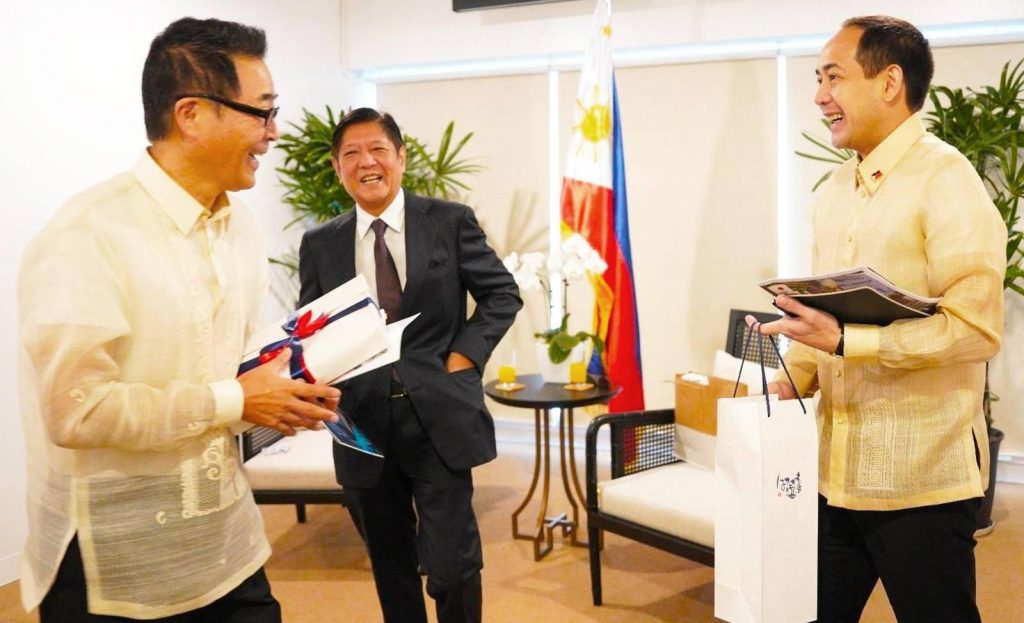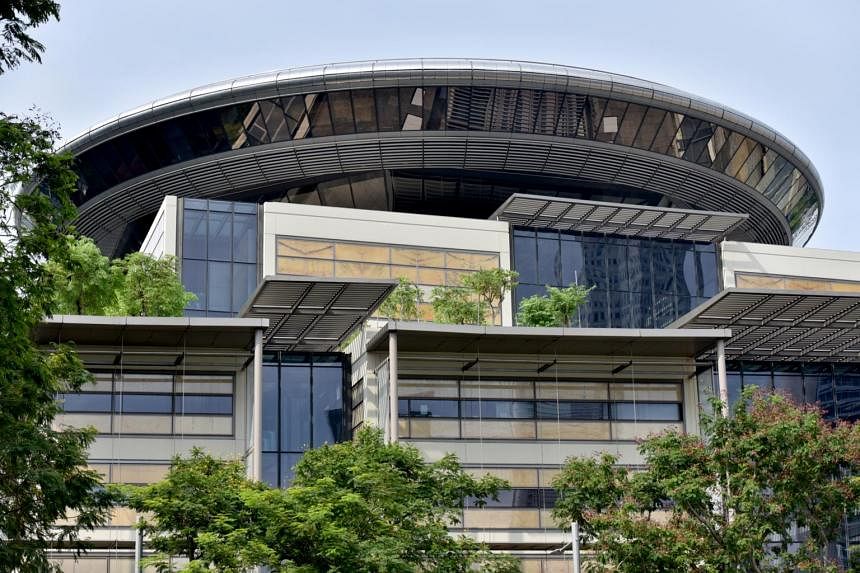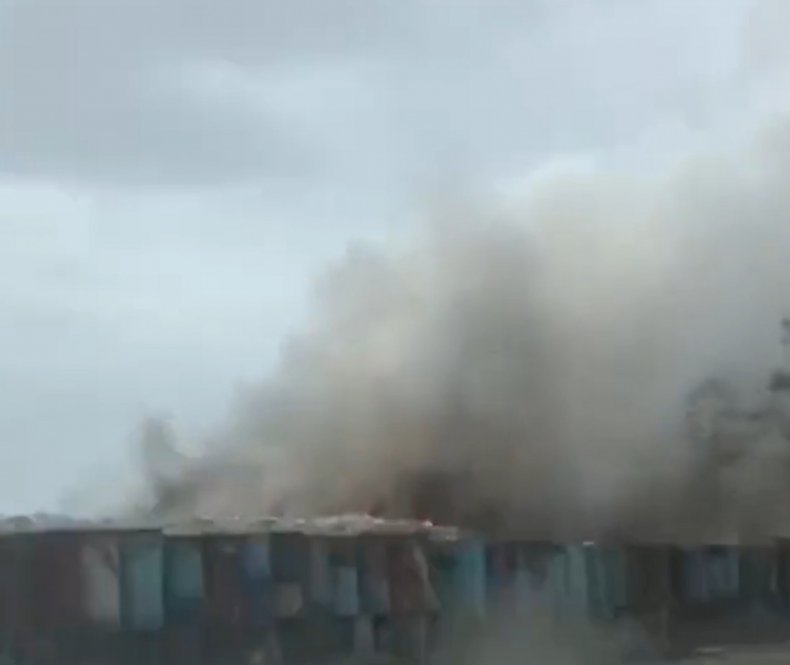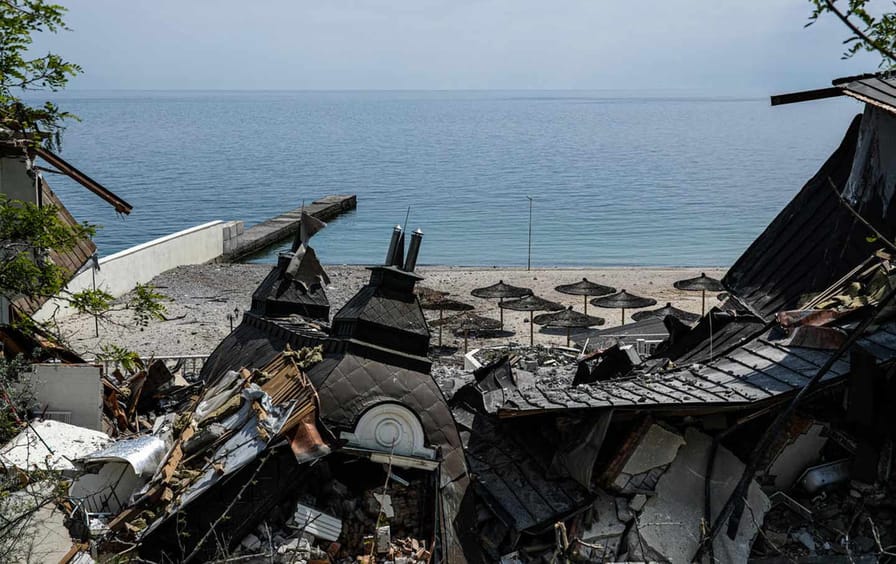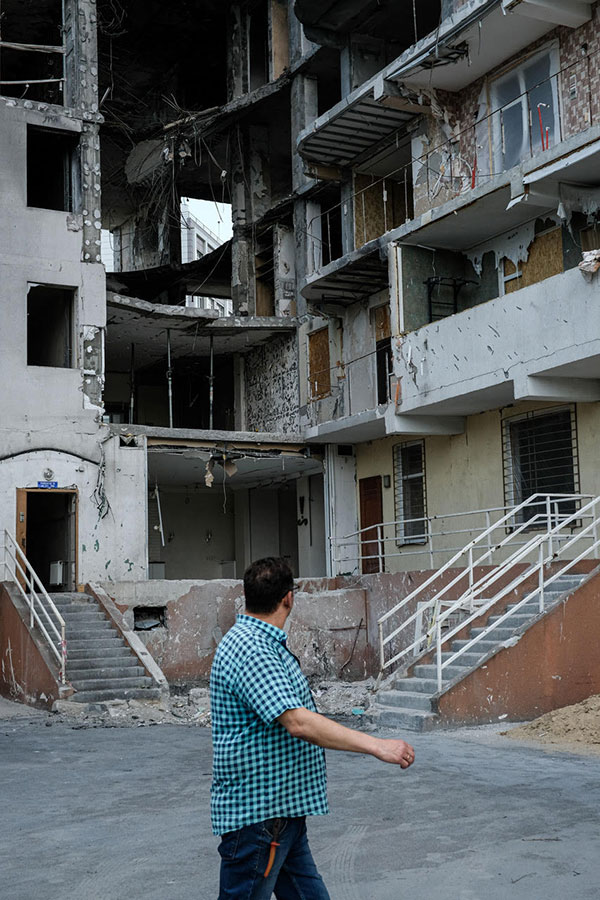Kenyan artists are under pressure to be arrested for depicting Kurdish People's Leader Abdullah Öcalan in their works. "We will not bow in the face of the threat," the artists stated.
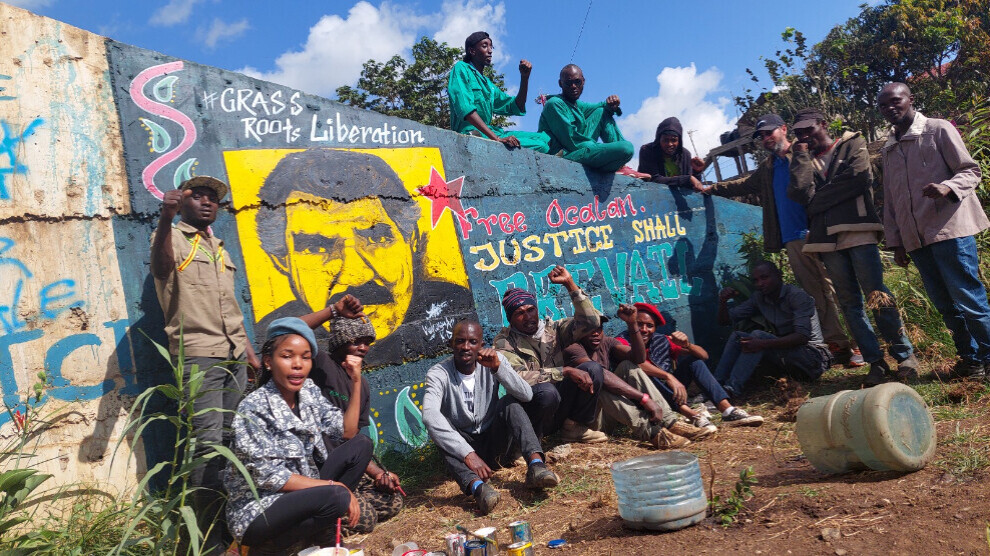
ANF
NEWS DESK
Thursday, 26 May 2022,
Kenyan artists who paint portraits on the walls of Nairobi in support of Kurdish People's Leader Abdullah Öcalan's freedom are under threat of arrest.
Wahenga, an artist collective, began painting murals in Nairobi in support of the Kurdish People's Leader's release. When the issue of Abdullah Öcalan's release was addressed, the Nairobi Municipality threatened the group with arrest, which had painted over 100 murals in various locations of the city.
Making a statement on the subject, the artists stated that they would not bow to threats, stressing that the concepts of democratic confederalism advanced by Abdullah Öcalan were met with great enthusiasm.
Abdullah Öcalan’s birthday celebrated in Nairobi
A group of activists celebrated the Kurdish leader Abdullah Öcalan’s birthday in Kenya’s capital and largest city, Nairobi, where Öcalan was taken captive as a result of an international conspiracy...
ANF News
Seminar in Kenya discusses the experience of Kurdish women's liberation movement
As part of a series of seminars in Nairobi, Kenya, the experience of the women's liberation movement of Kurdistan was discussed with local activists. As representative of the Kurdish women's moveme...
ANF News
The struggle for self-determination: perspectives from Kenya
The struggle for self-determination and grassroots liberation from neocolonial NGO-ism: perspectives from Kenya, is the title of a seminar held online last week.The seminar centered on the work o...
ANF News
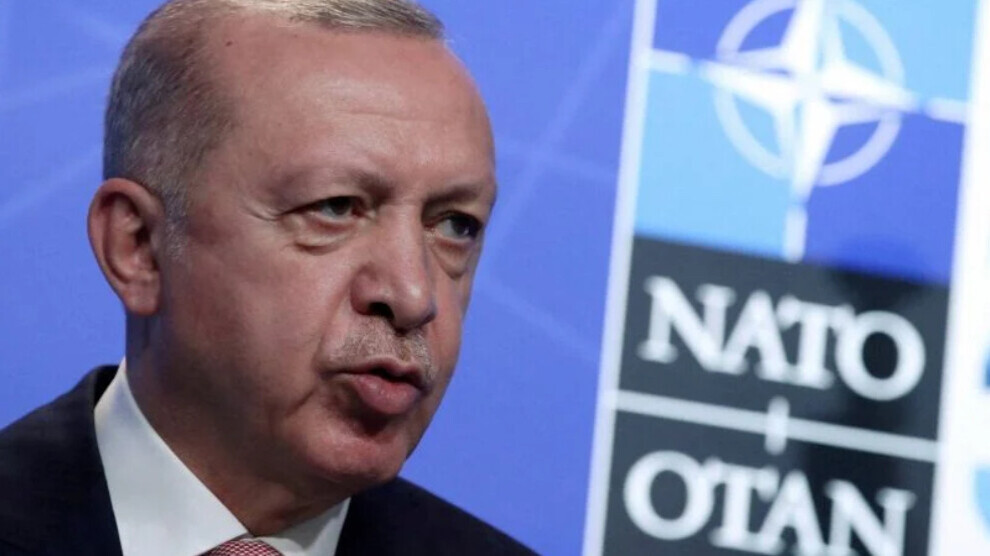



.jpg)

